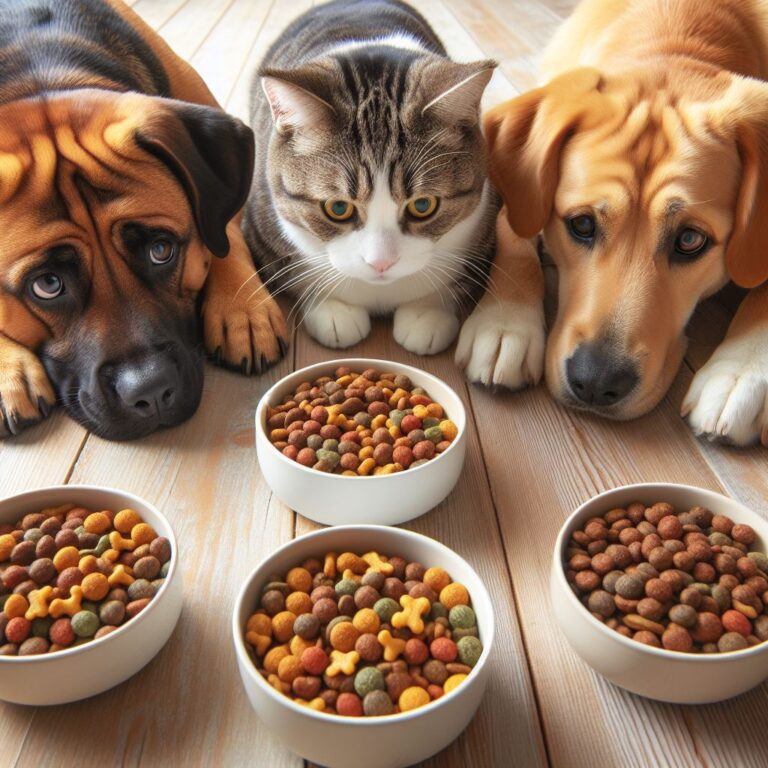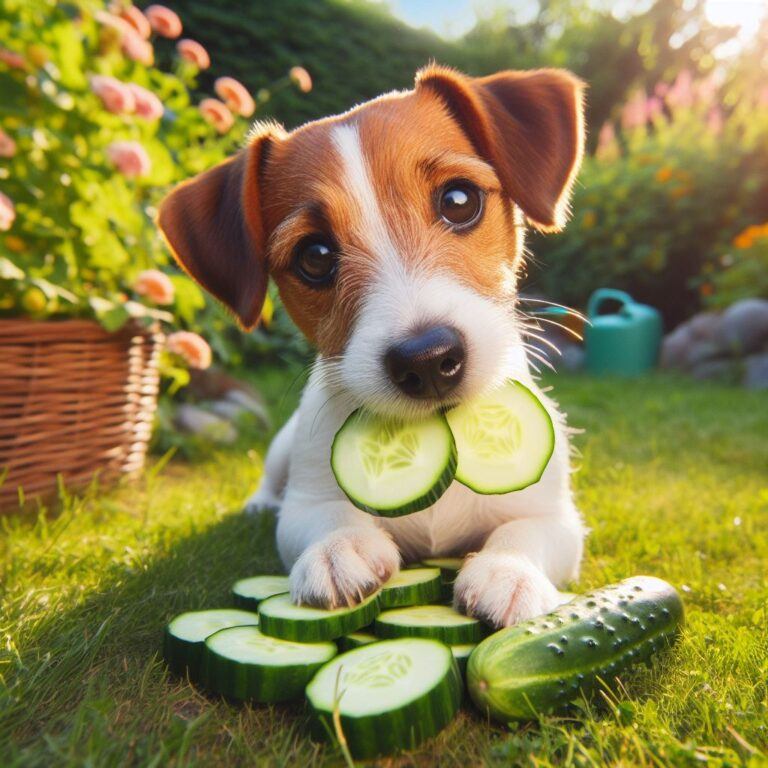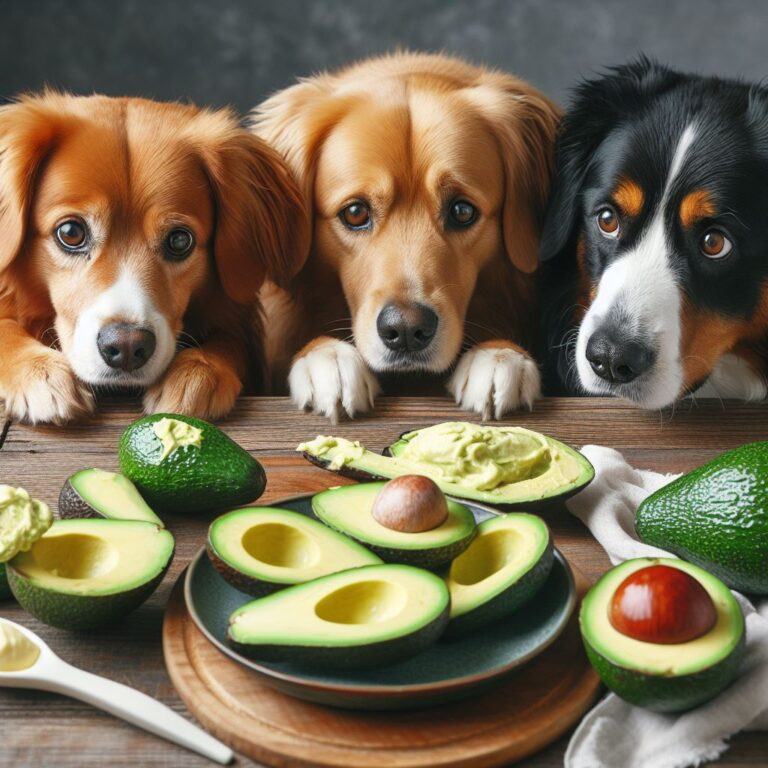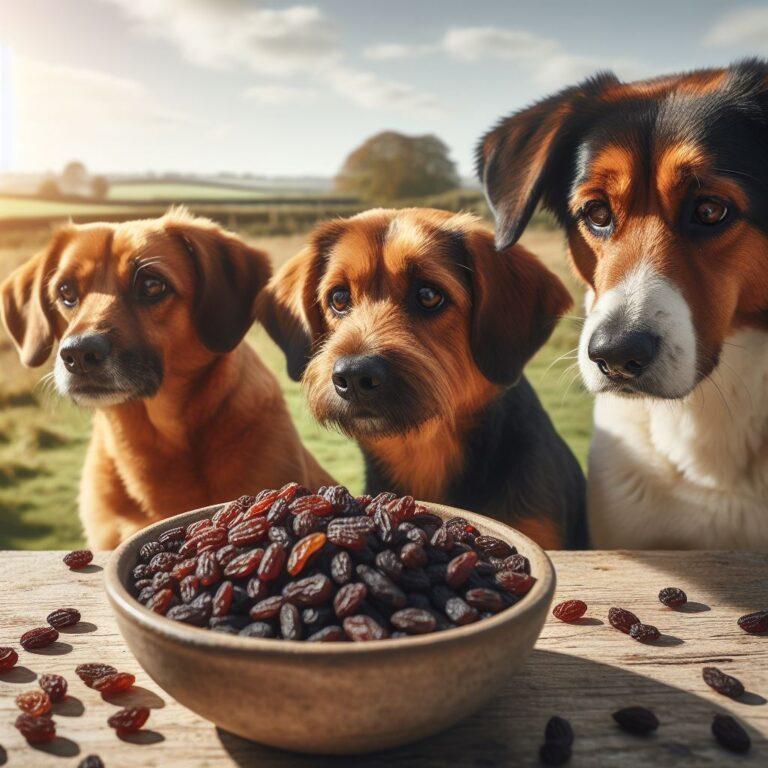Can Rabbits Safely Eat Carrots
YES, carrots are safe for rabbits to eat in moderation. They’re a good source of vitamins, such as vitamin A, which is great for their vision and immune system. They also offer minerals like potassium and biotin. But, carrots also contain sugar, which should be limited in a rabbit’s diet. These orange veggies should not…










